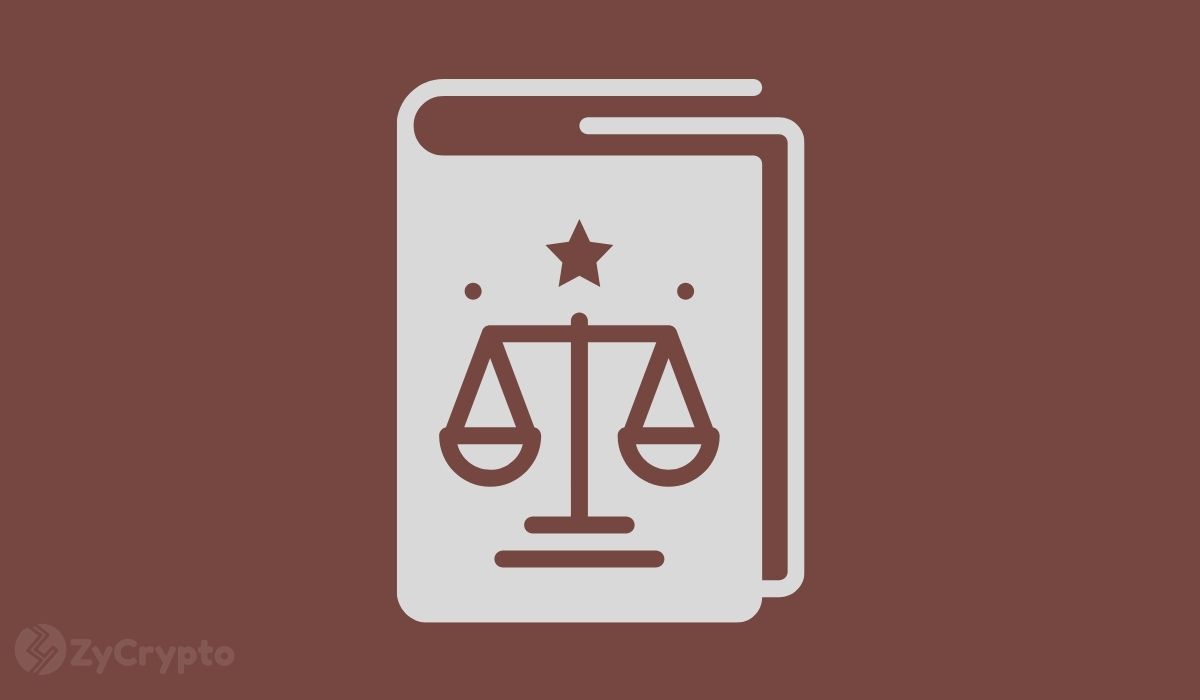ARTICLE AD BOX

Vietnam’s National Assembly has passed a law that officially recognises digital assets and enacts programs to encourage innovation in the country. The new laws, titled the Law on Digital Technology Industry, will take effect on January 1, 2026. The new laws categorise digital assets into two categories, namely virtual assets and crypto assets. Local media outlets have reported on the new laws as paving the way for Vietnamese citizens’ future innovations and employment opportunities. The new regulations further offer guidelines for local governments to create programs to encourage the crypto industry’s growth. The new guidelines form part of a broader strategy of the Vietnamese government to recover the national economy and stimulate trade.
The new laws for the digital technology industry cover two major categories: virtual assets and crypto assets. Virtual assets cover digital assets that can be transacted or stored as investments. According to the new laws, both virtual assets and crypto assets do not include securities, stablecoins, or other types of financial instruments. Crypto assets, moreover, use encryption methods to validate transactions and ownership. The new laws specify how business practices should operate when dealing with crypto and virtual assets.
The new legislation, which comes into effect in 2026, also includes other forms of technology to establish Vietnam as a forward-thinking technology hub in Asia. The legislation also specifies a framework for dealing with Artificial Intelligence, semiconductors, and digital infrastructure. The government will create technology incentives such as tax breaks, land deals, and Research and Development support. The government is expected to develop training programs to boost participation rates in the chosen industries. A significant focus of these new frameworks is to embrace the fields of semiconductors and AI data centres. The training programs will be integrated within national tech colleges so Vietnamese citizens can access more training and employment opportunities.
The Vietnamese government has set up new policies to incentivise digital tech companies, including shared digital infrastructure and perks for emerging startups. Local governments will be tasked with promoting human resource departments, allowing the industry to thrive and grow. Although the new policies include digital assets, the main focus is promoting AI data centres and semiconductors. However, the package consists of digital assets as a key focus for the country to regulate and encourage. Local governments will be tasked with subsidizing costs for hiring key personnel. Subsidies will also include upskilling, trade colleges, and training staff. Certification of trade professionals will be an important part of the training guidelines, especially with adherence to international standards so that the Vietnamese tech industry will remain competitive globally.
Countries across the globe are debating ways to take advantage of the new digital assets market, with some countries such as Vietnam taking an incentive-based approach. Many countries have remained cautious about the latest technology and have focused on regulating digital assets to ensure tax departments can keep up with the changes. However, a proactive approach, such as creating targeted tax incentives for key industries, may be a winning strategy for countries that wish to compete in the global market. Time will tell which plan works best for stimulating the digital economy. Vietnam aims to be a leader in digital technology by 2030. A competitive approach between nations may enrich the crypto market further because investors will have the choice to embrace proactive countries rather than invest with countries that remain draconian with a regulatory approach.
.png)
 8 hours ago
2
8 hours ago
2








 English (US)
English (US)